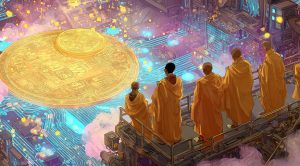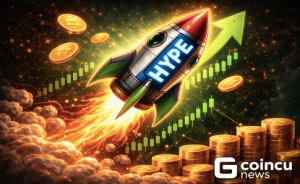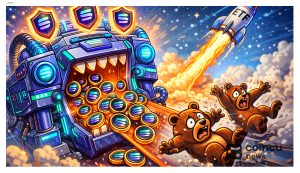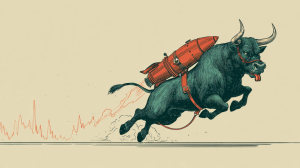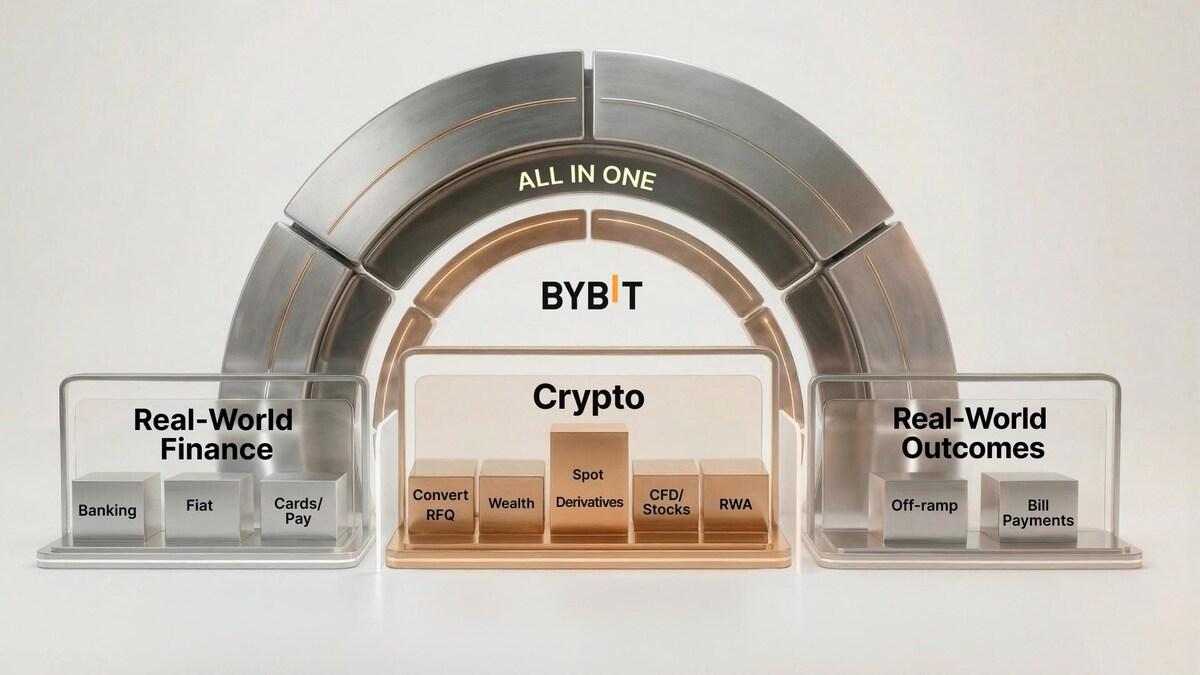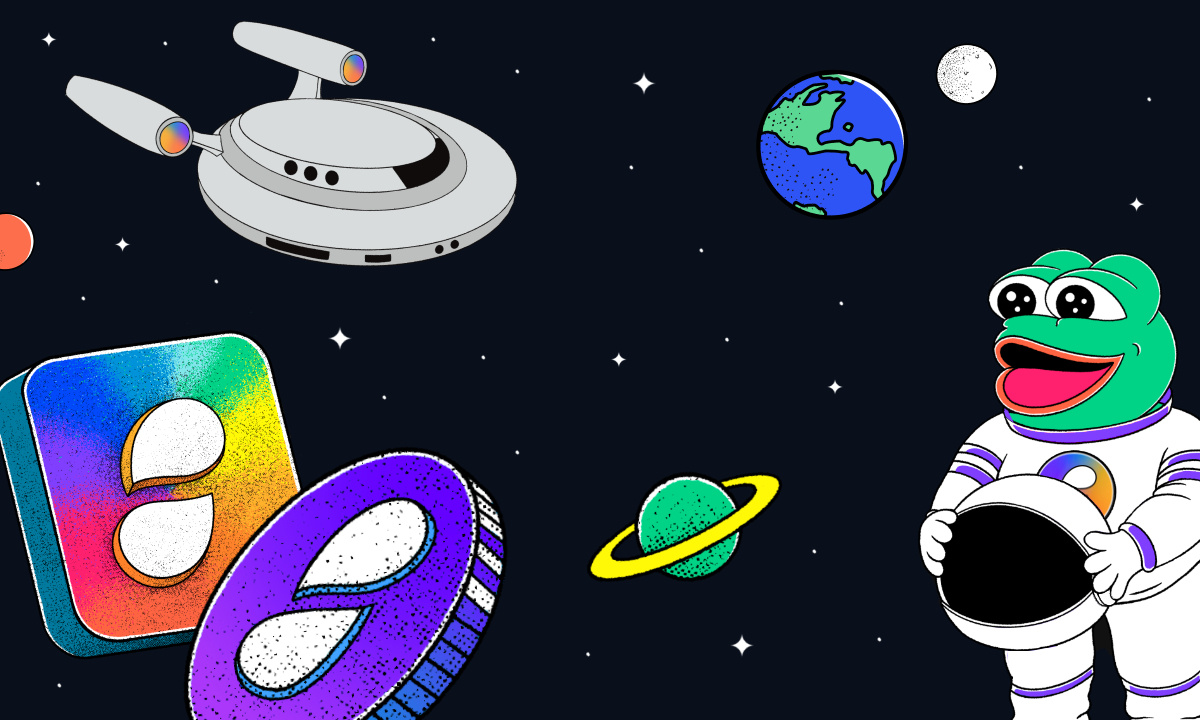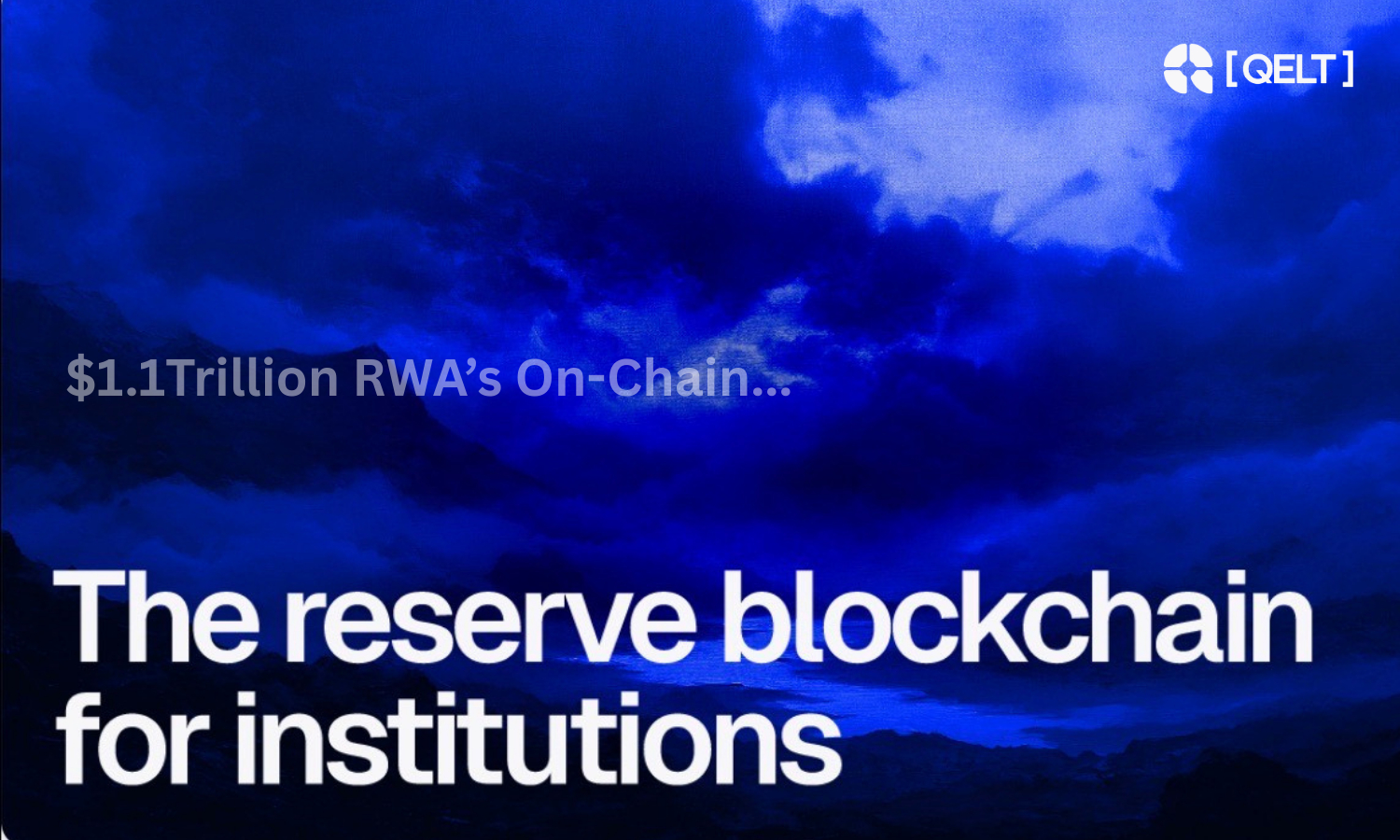Similar to Ethereum, Solana is a layer 1 network that lets users create decentralized applications on top of it. Since Ethereum has had scalability problems for some time, various “Ethereum killers” have emerged, with Solana being one among them.
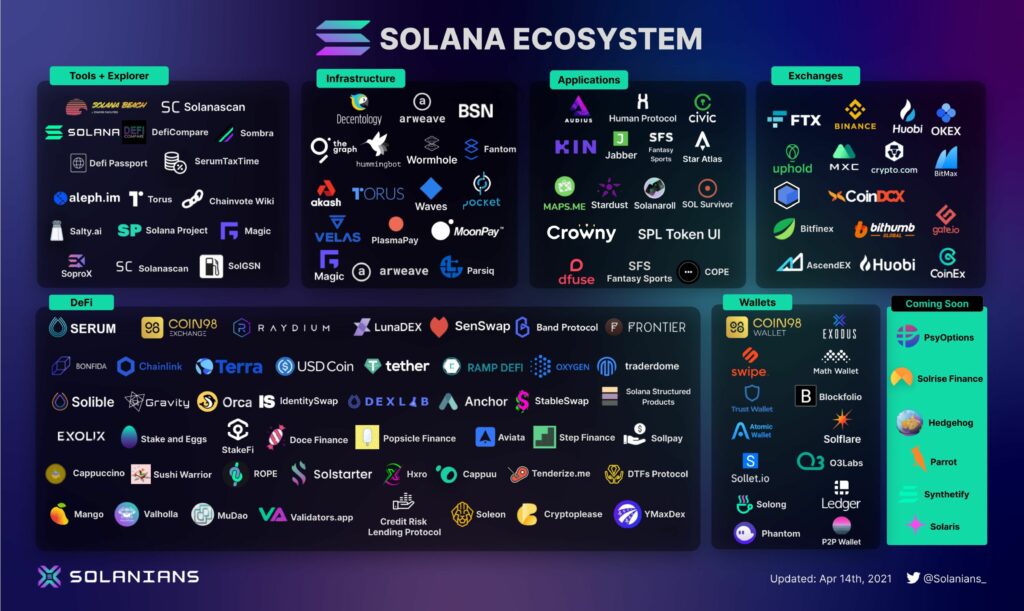
Blockchain networks that aim to outperform Ethereum in solving the same issue are known as Ethereum killers. Blockchains typically have to give up security or decentralization to scale. Additionally, Ethereum has struggled to scale without compromising any of those. Therefore, Ethereum killers see this as a challenge to develop strategies to achieve all three simultaneously. One such answer is provided by Solana: the Proof-of-History (PoH) consensus algorithm.
PoH allows Solana to process more than 50,000 transactions per second and achieve near-instant finality. Besides, Solana is backed by several well-known investors, including Andreessen Horowitz, and Polychain Capital.
Top 5 Solana Projects To Follow In 2023
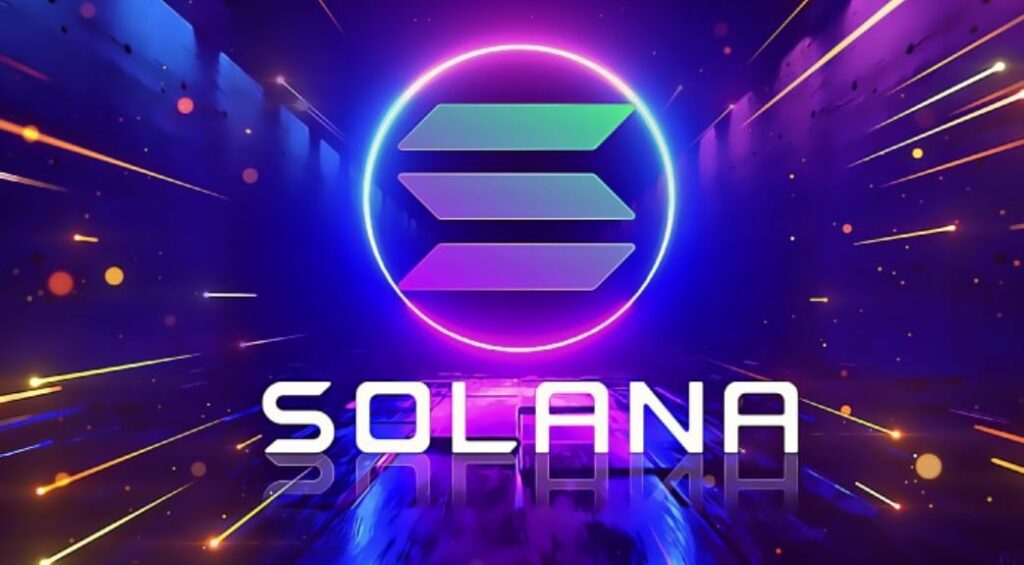
1. STEPN
Yawn Rong, an Australian blockchain entrepreneur, created STEPN in August 2021. It is a “Web3 lifestyle app” with GameFi components. It creates a new category called “move-to-earn” by fusing elements of a play-to-earn game with fitness software.
STEPN wants to revolutionize the fitness sector in several ways.
First, users may start earning in the game’s ‘Solo Mode’ by purchasing a pair of NFT sneakers after installing the app and setting up a wallet. They can acquire tokens while jogging or walking. The number of tokens different types of shoes may yield varies, and the better the efficiency characteristic, the more tokens the user can make per minute.
Here is where the gamification of fitness, STEPN’s second groundbreaking component, is introduced. STEPN gamifies exercise and encourages users to lead a healthy lifestyle through the app’s in-game awards, daily energy allocations, and personalized footwear. Participants can accumulate points and compare their accomplishments on a scoreboard, with more prizes for the top finishers.
2. Star Atlas
The Star Atlas blockchain project was launched in January 2021 by CEO Michael Wagner, COO Pablo Quiroga, and CTO Jacob Floyd.
It is a metaverse-based online game developed using Unreal Engine 5, enabling the game to include real-time landscapes of cinematic quality. The game is a role-playing one with play-to-earn features and is based in the year 2620, a futuristic science fiction setting. The game blends several genres. It involves strategy, exploration, and flight simulation as a part of its gameplay.
With its cinematic gaming experience and the possibility to earn virtual assets that can be converted into real-world money, it intends to surpass its rivals. No blockchain game, to date, has offered as many potential gameplay variations as Star Atlas. No game can do all of the aforementioned simultaneously. They also let you make money through staking, compete with other players for virtual goods, or explore the game’s virtual world and build alliances. The ATLAS token can be used as in-game money to buy items; players can also acquire NFTs that include ships and other in-game equipment from the NFT marketplace.
Additionally, because ATLAS tokens are integrated with the Serum DEX, holders can generate liquidity or sell and buy tokens. All these factors make it a good game on the Solana network.
3. Civic
In 2015, Vinny Lingham and Jonathan Smith co-founded Civic. It is a blockchain-based identity management system that allows people and organizations to manage and safeguard personal identification data. By offering users more control over their data and enabling them to access various services without revealing excessive quantities of personal information, the platform aims to transform the way we approach identity verification.
Civic is designed to provide users with complete access to their personal information while making it simple to authenticate their identity with service providers. It enables speedier user onboarding for businesses utilizing an AI-powered verification method, which reduces fraud and keeps firms compliant when supplemented with human review.
4. Audius
Roneil Rumburg and Forrest Browning, two businessmen from California, launched Audius in 2018. It is a decentralized music streaming system currently supported by Solana.
Inefficiencies in the music business, including opaque ownership of music rights and middlemen stepping between artists and the audiences, led to the creation of Audius. Through its platform, powered by its native AUDIO token, Audius seeks to connect the interests of artists, fans, and node operators. Fans may stream free music that artists have uploaded, which is stored and disseminated through content and discovery nodes.
The Audius content ledger is where artists publish their work. They can do this for free, and the 320 kbps streaming quality is equivalent to that of Spotify and Google Play Music. With the condition that they stake AUDIO. Musicians may utilize Audius to explore or distribute supplementary recordings. The platform also promises to integrate artist tokens to make monetization easier. Artists can also participate in incentive programs where well-known artists receive token airdrops.
Free track listening is available, and in the future, fans could be able to stake AUDIO to help artists succeed on the platform.
5. Ren
In 2017, Taiyang Zhang, the CEO of Ren, created the company. Ren (REN), formerly known as Republic Protocol, was first introduced in January 2018. It is an open protocol that offers interoperability and liquidity between various blockchain platforms. Ren is a sophisticated platform with many applications, but its primary goal is to lower the financial and access barriers for DeFi projects.
DeFi projects can incorporate foreign cryptocurrencies like Zcash (ZEC) and Bitcoin (BTC) into their offerings as a plug-in. Additionally, users are essentially able to exchange any token between any two blockchains without the need for intermediary stages like “wrapped” versions of tokens, such as Wrapped Bitcoin (WBTC) and Wrapped Ethereum (WETH).
Conclusion
Solana has come a long way since its launch in 2020, adding numerous big projects to the ecosystem and broadening its audience. The developing decentralized economy includes several well-equipped players. However, the low transaction costs, quick throughput, and energy-efficient construction of Solana projects might give them the advantage.
DISCLAIMER: The Information on this website is provided as general market commentary and does not constitute investment advice. We encourage you to do your research before investing.
Join us to keep track of news: https://linktr.ee/coincu
Website: coincu.com
Annie
Coincu News







